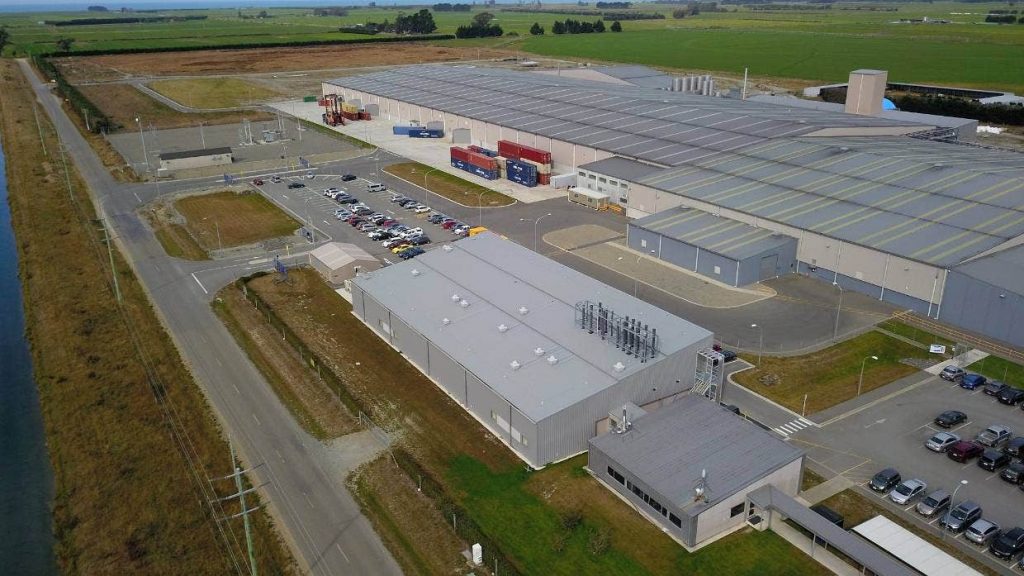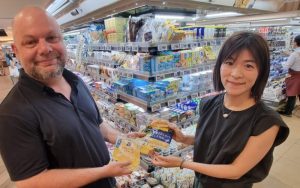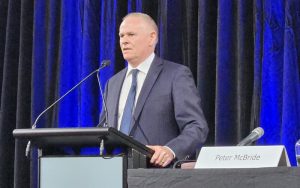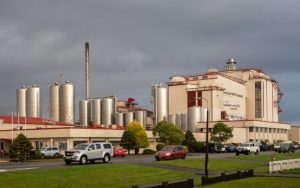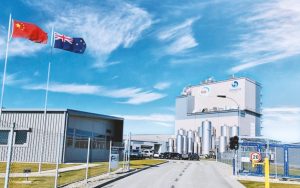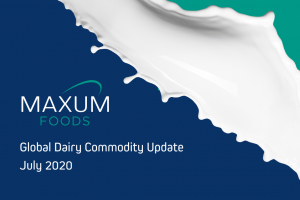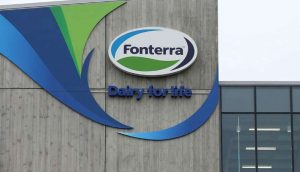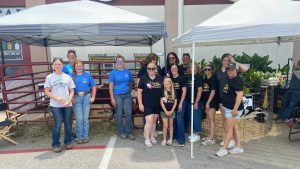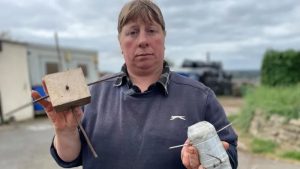
“It’s state-of-the-art and allows us to now carry out a much greater range of tests on our product suite, including infant formula,” plant manager Logan Hanifin said.
“This minimises our reliance on third-party laboratories and helps to drastically reduce our testing turnaround time and have our products in our consumers’ hands faster.”
Oceania has appointed 40 staff for the laboratory at the factory near Glenavy.
Hanifin said work had not yet started on a new 7.5-kilometre wastewater pipeline to the Pacific Ocean.
Oceania was given coastal marine and land use consents approval last year to build the pipeline which would allow up to 10 million litres of wastewater being discharged into the Pacific Ocean per day.
“This strategy is currently being planned and a firm construction date has not been established yet,” Hanifin said.
Oceania’s milk pool was set to expand for the upcoming 2021/22 season, he said, with increased demand for the company’s UHT products.
“At the same time our infant formula business continues to grow as we deliver on our strategy of increasing the volume value added products to our customer base.
“We are installing a resealable pouch machine to further expand our range of milk powder final product options, as well as a third 250ml UHT line as a result of market demand strengthening.
“On top of this we have just put into operation our chemical recovery plant which recovers chemicals used in our plant cleaning process and recycles these chemicals for re-use.
“This plant was installed as a critical piece part of our sustainability strategy.”
Hanifin said throughout Covid-19 Oceania had been “extremely agile” in reacting to shipping delays of both raw materials and ingredients, as well as getting productsto customers.
“Our supply chain team has done a stunning job in managing these disruptions and overall we have been able to deliver on our production plan.”
Oceania Dairy is owned by the Inner Mongolia Yili Industrial Group. Two years ago it acquired Westland Co-operative Dairy Co Ltd in Hokitika.
Hanifin said 380 fulltime staff were employed at the plant near Glenavy, with 40 temporary workers, all of whom were bussed daily from Timaru (35 per cent), Oamaru (45 per cent) and Waimate (20 per cent).
